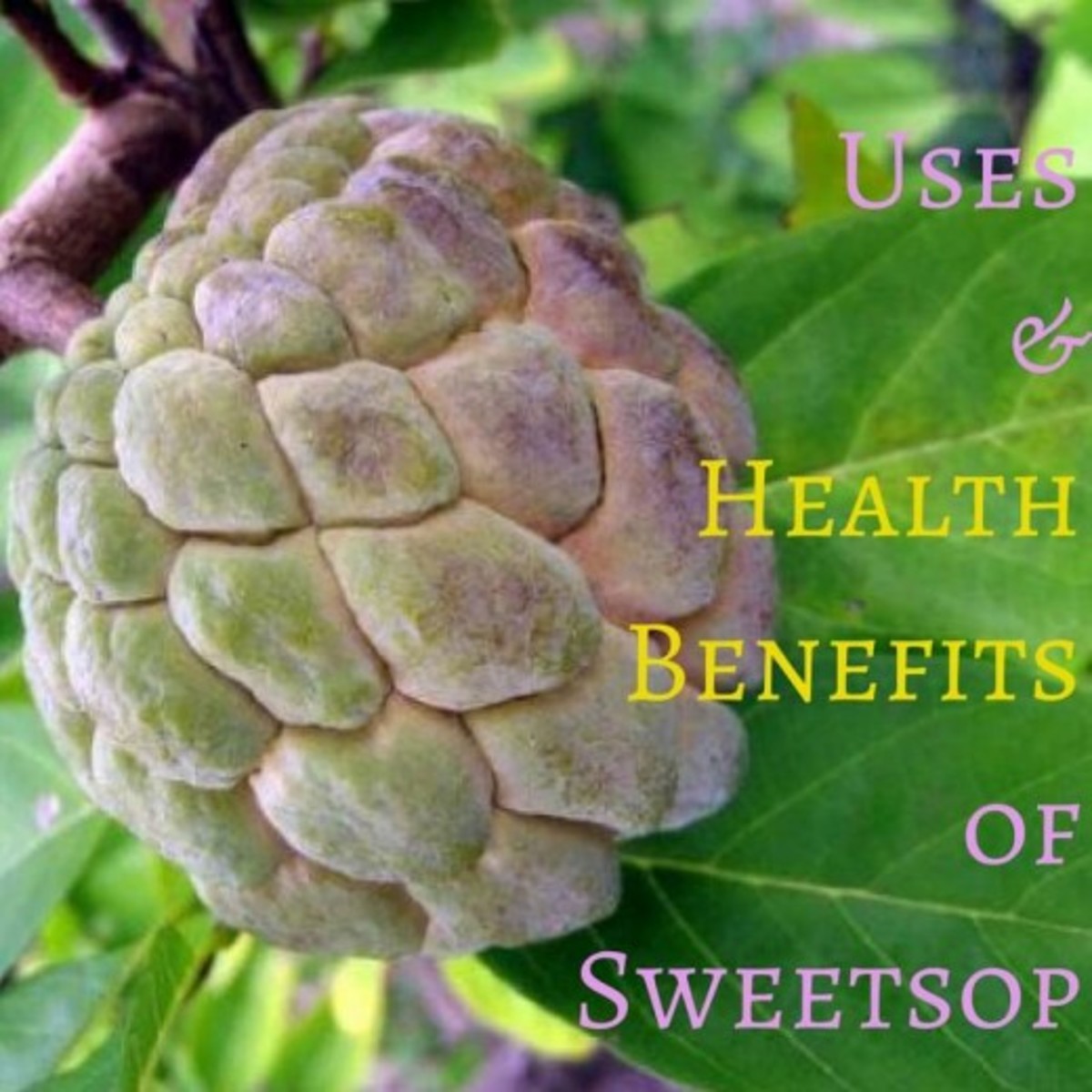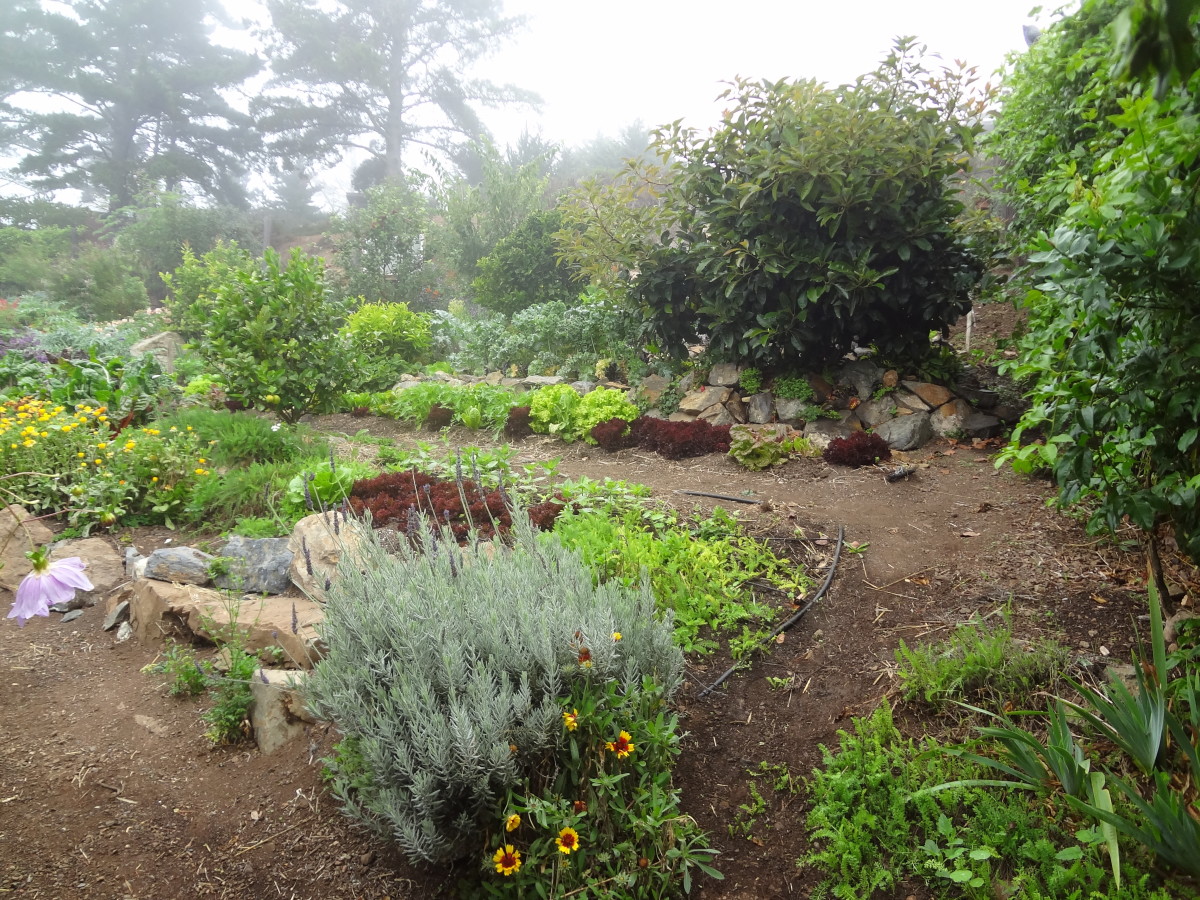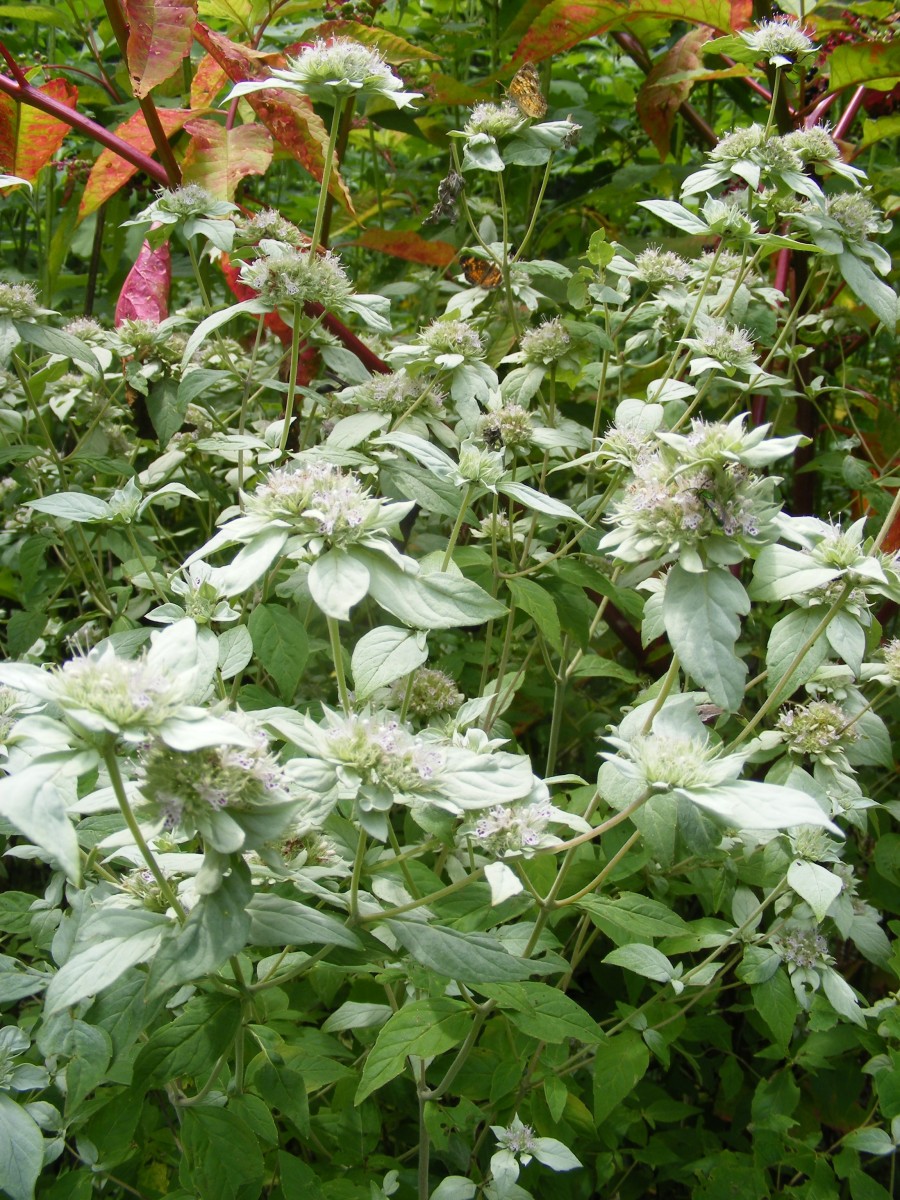- HubPages»
- Home and Garden»
- Gardening»
- Organic Gardening
The Apple Tree and Developing Personal Sustainability
What Does It Mean to Have Personal Sustainability?
When I think of personal sustainability, I think of what I can grow in my own backyard so that I am able to continue to live where I am even when life gets tough. I think about the basics needed to live. Of course, we need water, protection, shelter, warmth, and food. Beyond that, we can survive in relative comfort. When growing food in my backyard, one of the first things that come to mind is a garden, next, chickens, and then perhaps goats. Somewhere on that list is an orchard and if I'm smart, at the top of that list should be an apple tree or two or more. If my yard had only room for one tree, make that tree an apple tree. Johnny Appleseed had the right idea.
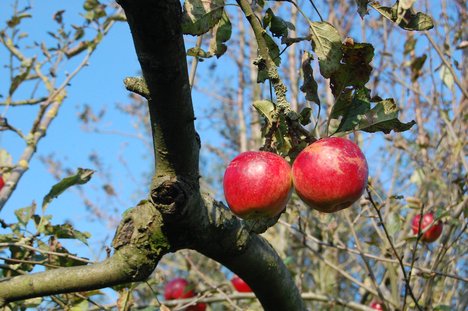
The Sustainability of Apples from a Tree in Your Backyard
The reason that apples are a must-have fruit tree, is that they can be used in more ways than any other fruit tree. In place of fast food, they can be eaten as a quick snack. Apples can also be baked, fried, deep fried, served as a side dish as applesauce, or made into desserts such as apple pie, apple bread, apple cake, apple fritters, the list goes on and on.
They are not difficult to store for the winter months when local fresh fruit is scarce. Blemish-free apples can also be stored throughout the winter in a cool frost free environment wrapped in newspaper. In addition, apples can be peeled and cut up, and put into the freezer. They can also be peeled, cut up, or sauced and canned. They can even be dried or used for making vinegar.
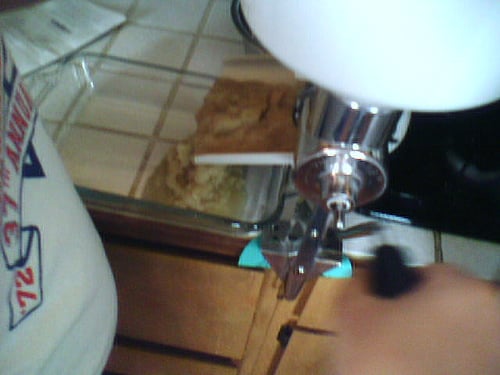
The Sustainability of Homemade Vinegar
Apples can be juiced and I can drink them as apple juice, or I can press apples on an apple press and make them into apple cider. Allowed to ferment, apple can be made into an alcoholic beverage known as hard cider, or it can be allowed to ferment longer to make into apple cider vinegar. Making apple cider vinegar adds to my home's sustainability. Now that I have vinegar, not only am I able to utilize preserved apples, but I also have a way to preserve vegetables from my vegetable garden and have a flavorful vinegar for my vinegar and oil dressings as well.
What to Do with Fallen Apples Before They Rot
Sustainability Beyond a Single Apple Tree
If I were to think about increasing sustainability using an apple tree, I could think that by planting the apple tree, I would have years of apples and that would be the end of how I see sustainability in an apple tree. With a single standard apple tree, I could expect about twenty years of apples from that tree. Some years I might not get any, but another year's bounty properly stored would make up for those years that my apple basket turned up empty.
If I wanted to increase sustainability by growing apples even further, I might think that by planting seeds from that apple tree. I would probably be disappointed by the results. Seeds from apples of a specific variety will not produce a tree like the original. I might get an apple tree that produces a great-tasting apple tree, but I could also end up with a small hard crab apple from that tree. It is hard to tell, and I wouldn't want to have to wait all the years it takes to grow the trees to discover that I have an apple tree that produces inferior apples. That is why most apple trees today are not grown from seeds but are grown from scions from the desired cultivar grafted into the rootstock. The video below shows how it is done.
Increasing Backyard Sustainability
Every one of us can increase our ability to provide backyard sustainability and nearly every one of us who has a yard can add at least one apple tree to our yard. We would do well to eat what we grow on those trees as well as store and utilize those apples beyond the growing season. We can also continue down the path of sustainability by learning to graft trees to share or barter with neighbors and friends. In the process, we provide a more stable food source for our families and our surrounding community.
This content is accurate and true to the best of the author’s knowledge and is not meant to substitute for formal and individualized advice from a qualified professional.
© 2014 Cygnet Brown

